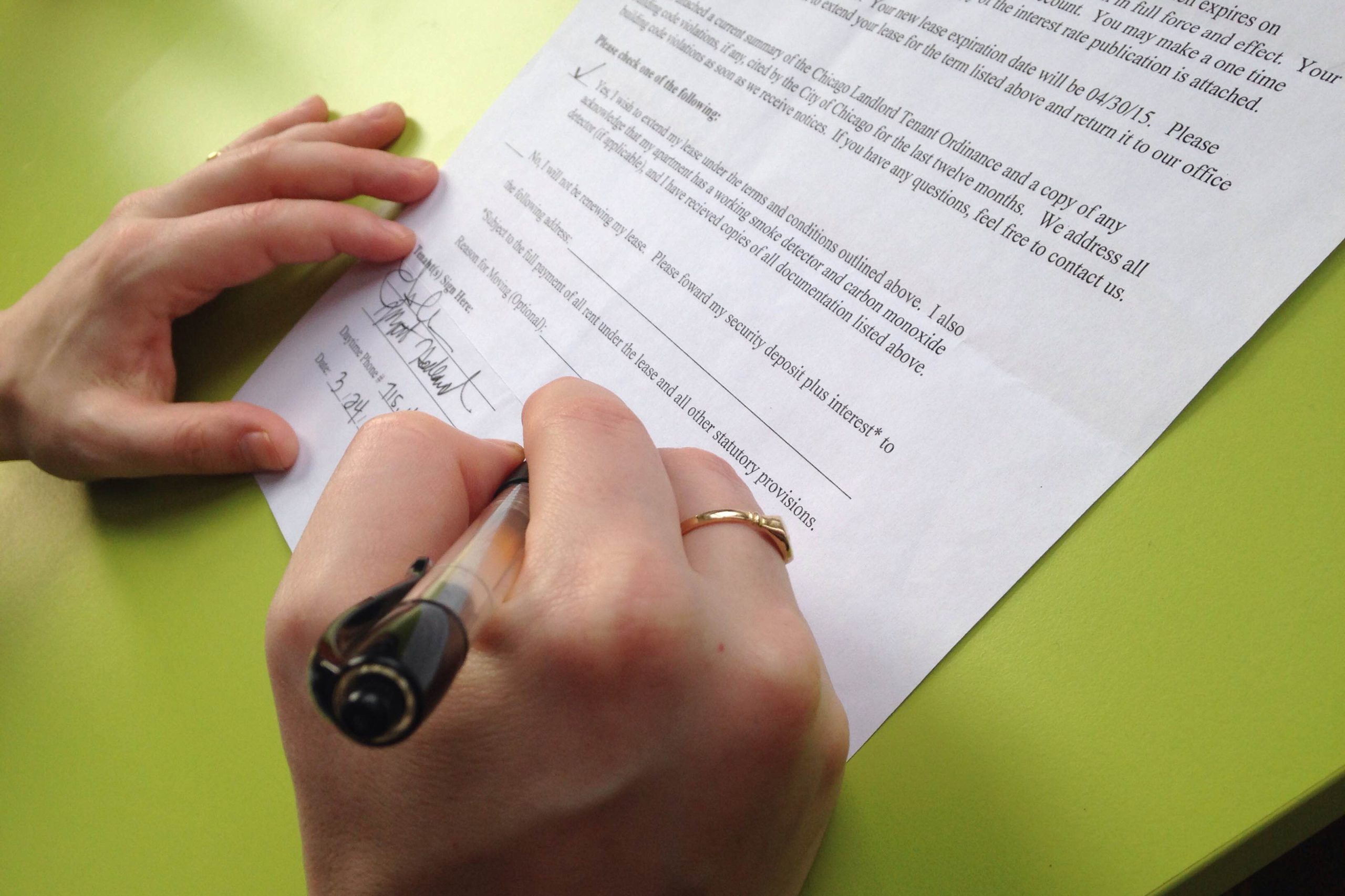With the rate of burglary on the rise in various cities across the country, it has become imperative for many individuals to have a home security alarm installed. Deterrent, the latter ensures the protection of the house. If the installation of a surveillance camera by an individual is simpler from a regulatory point of view compared to what is the case for spaces open to the public, there are nevertheless a few rules to follow.
Security alarm and prior authorization
Everyone has the right to protect their home by existing legal means. If you have opted for the installation of a security alarm with an outdoor surveillance camera (to buy one, click here), you do not need to obtain any prior authorization. The rule applies regardless of the type of accommodation and its size, regardless of whether you are an owner or a tenant.
However, if it is a wired alarm that involves work, it is always preferable to obtain the agreement of the lessor. Note that any related expenses will be your responsibility.
Indeed, the home being a private space, the rules relating to the protection of privacy do not apply strictly. Neither the Commission Nationale de l'Informatique et des Libertés nor the prefecture has to be informed beforehand of a request for authorization relating to the installation of a security alarm. However, the surveillance camera thus installed must not film the neighbors or any other person passing in the street. So, if you want to install a camera that will monitor the outdoor space, it would be better to choose a model equipped with a masking option.
Security alarm and privacy protection
The fact that one does not need to obtain prior authorization to install a security alarm with surveillance camera at home does not mean that there are no rules to follow. You are required to respect the right to privacy and image rights of people passing through your home. This is the case, for example, with friends. If you receive any, you are not authorized to film them and distribute their images, for example, on social networks without their consent. In the absence of consent, they will be within their rights if they seize the competent authorities.
Indeed, the violation of the right to image and privacy is an offense framed by the criminal code. Anyone who violates this right is liable to imprisonment for one year and a fine of 45,000 euros.
The rule is essentially the same for house staff. We see nowadays that more and more parents are installing a surveillance camera in their child's room (find ideas on Nidouillet to properly arrange it). If here too there is no specific rule, we are however required to respect certain rules which derive more from labor law. Therefore, the employment contract must mention the existence of a camera as well as the precise location where it has been installed. Failing this, there could be an infringement of image rights and privacy.
In conclusion, if no text of law provides specific rules relating to the installation of a security alarm by an individual in his home, it is important not to do so on the sidelines of respect for the right to the image and to privacy. Go to this site to go further on the subject.



